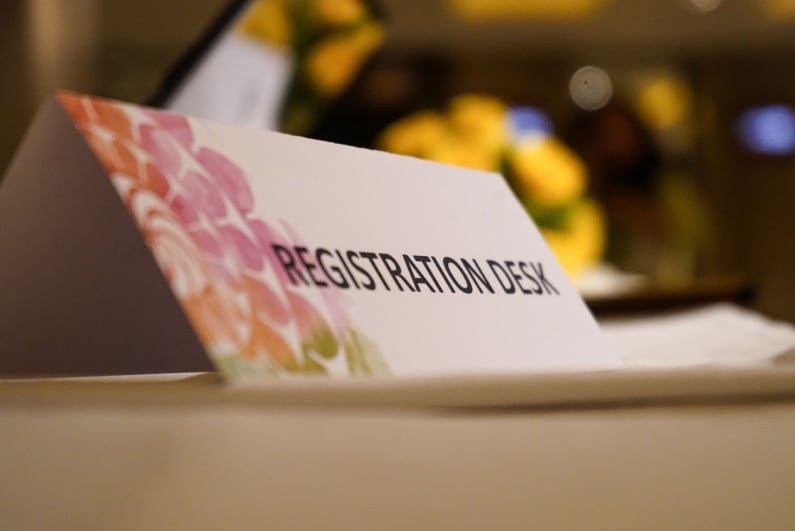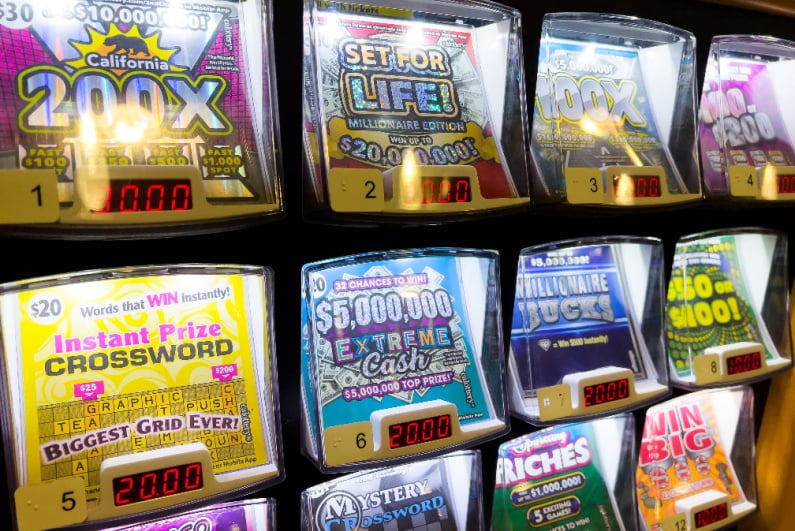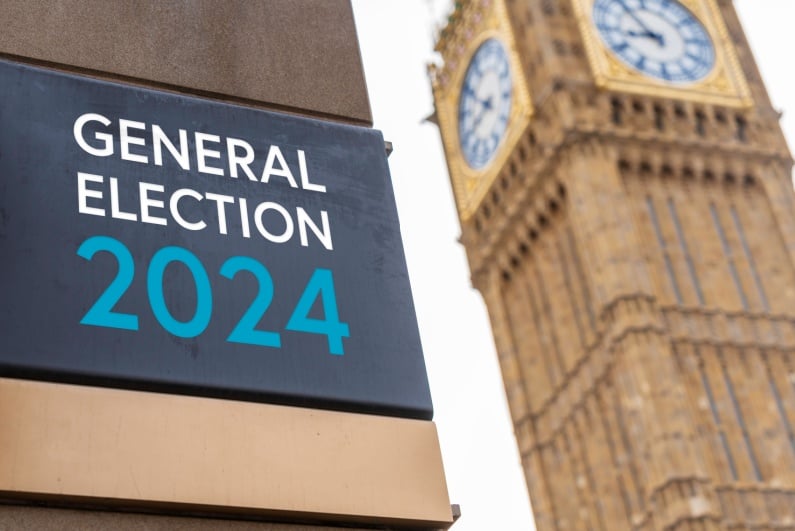
Top News Stories
Casino News
Crime
Most viewed articles
- MGM Resorts Laying Off 200+ Contact Center Workers, Reports Suggest
- Casino Refused to Pay Sports Betting Influencer’s $500k Win, Social Media Looking for Answers
- Drake Wins $100k Off Adin Ross After Female Bodybuilder Outcurls Him
- Conman Tipster ‘Moosh’ Filmed Arguments With Sportsbook Staff Over Lifetime Ban
- Saks Fifth Avenue Withdraws Its Proposal for a Downstate NY Casino License
- Excalibur Laying Off Workers and Cutting Housekeeper Hours, According to Reports
- Homeless Man Wins $1m in the California Lottery, Intends to Buy a House
- Top News Stories
- Gov Murphy Joins Calls for NJ Politician’s Head After Lucchese Mob-Linked Gambling Bust
- New Orleans Casino Dealer Arrested for Helping Player Cheat















